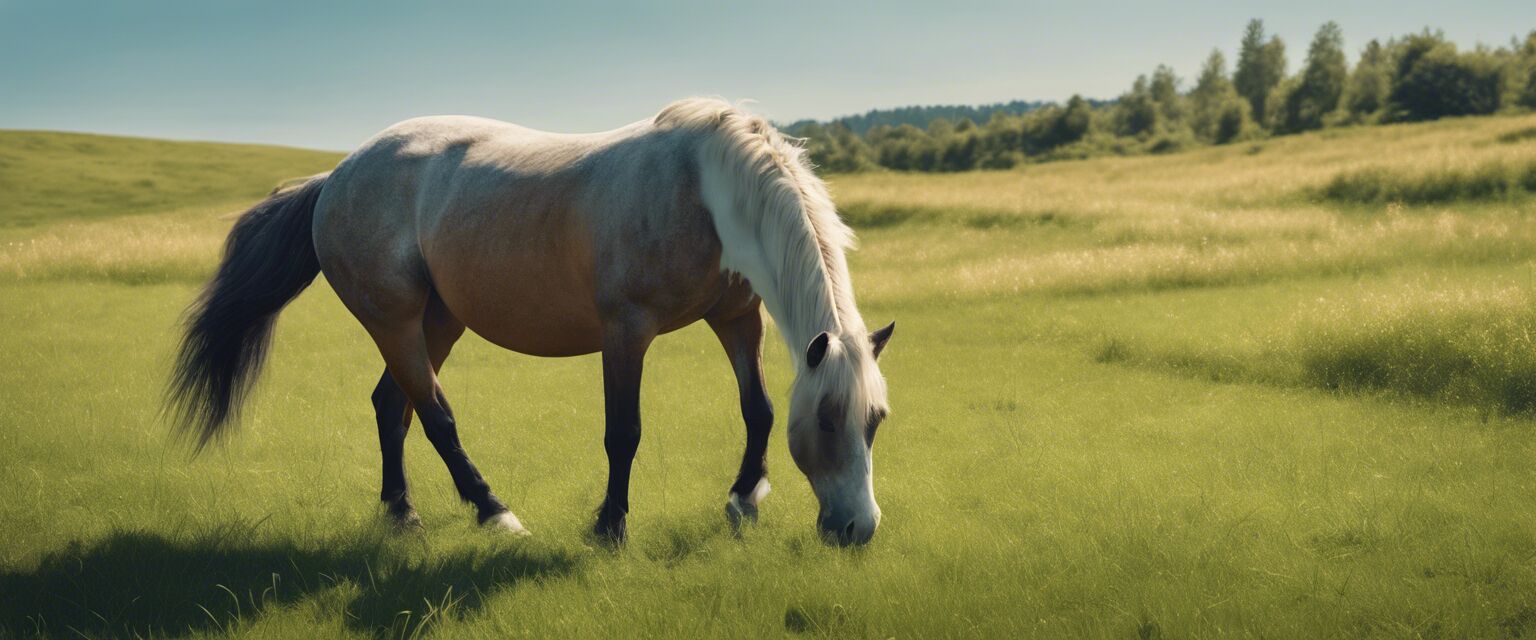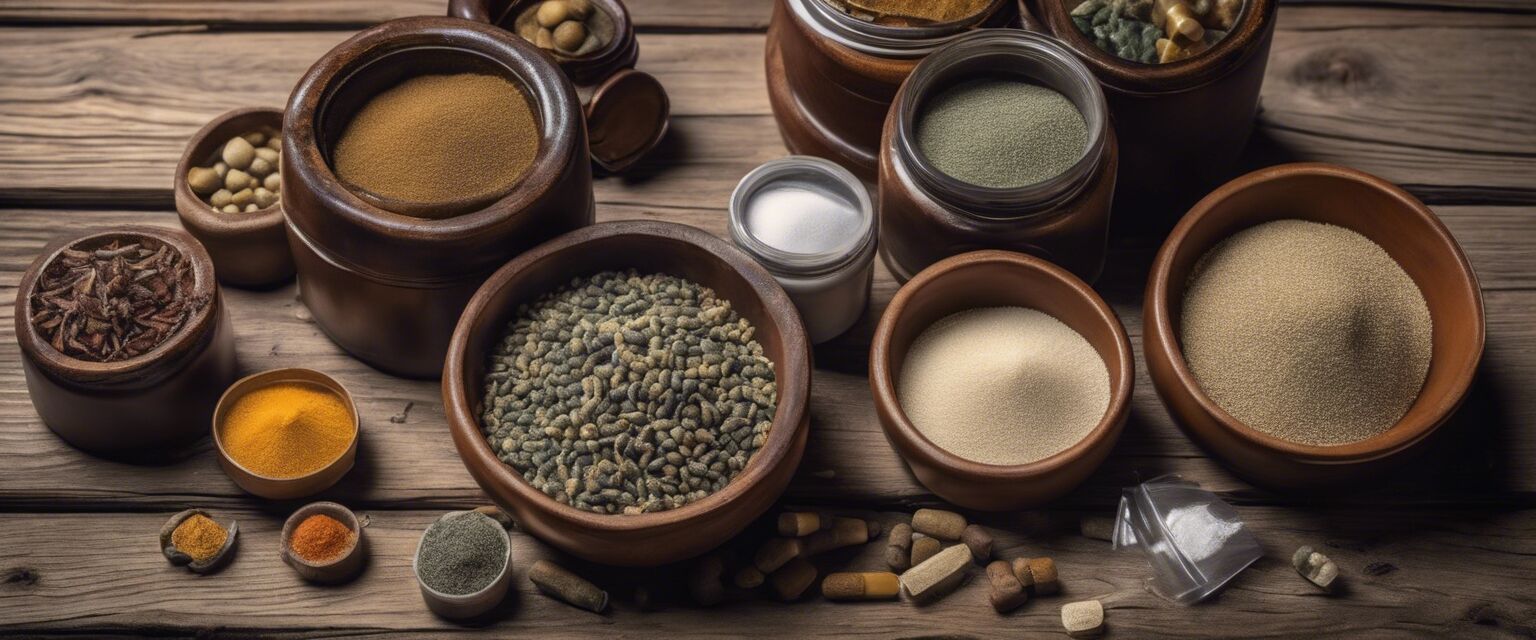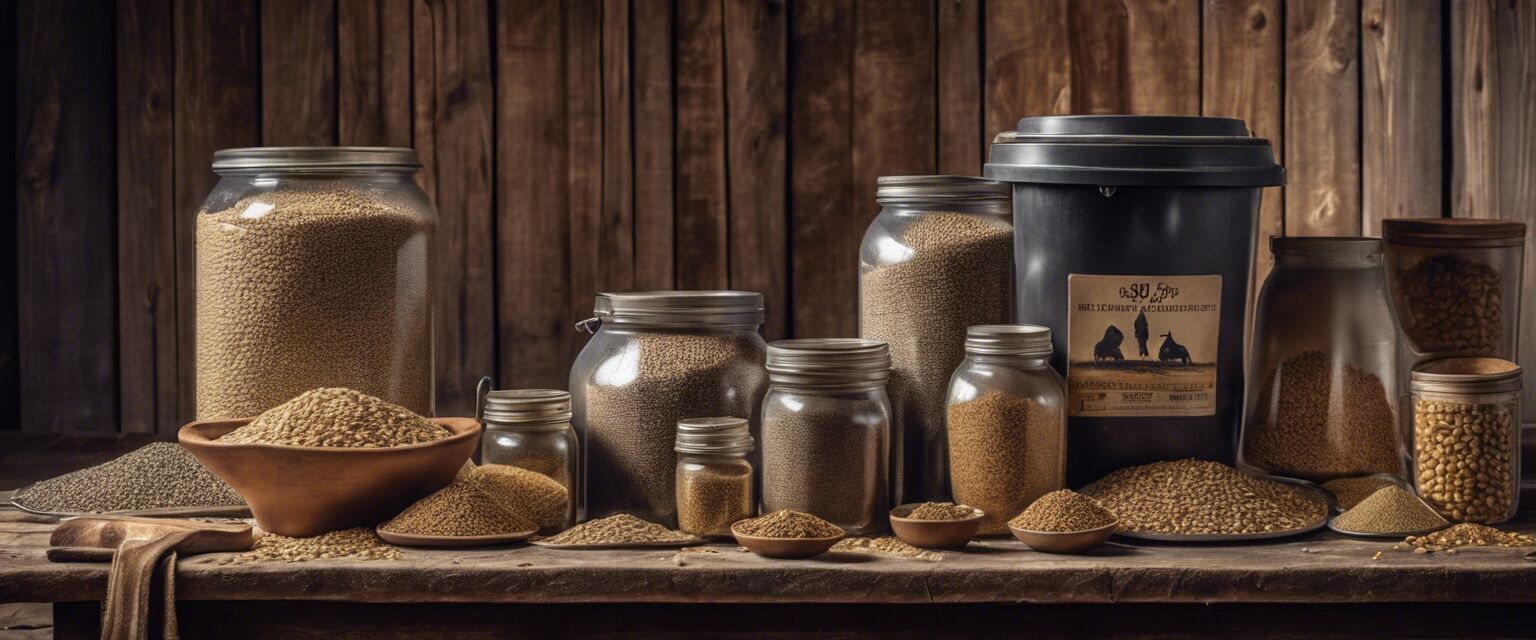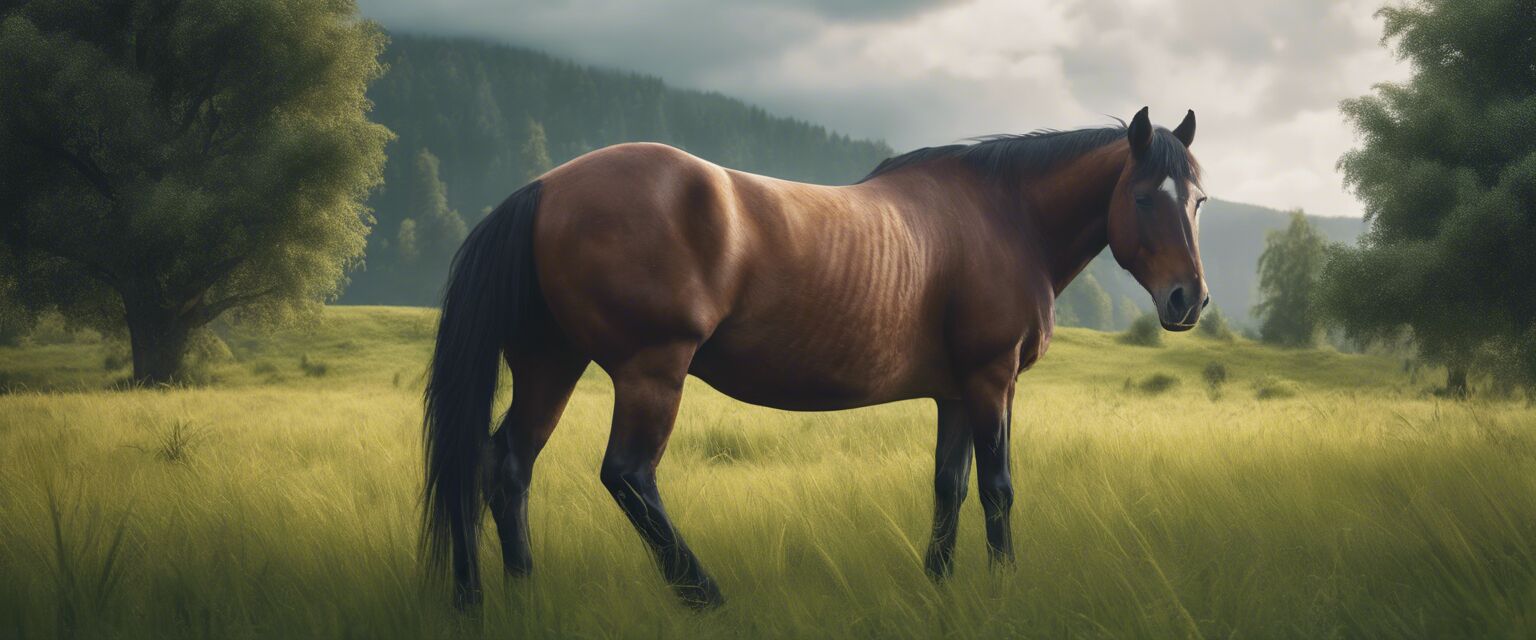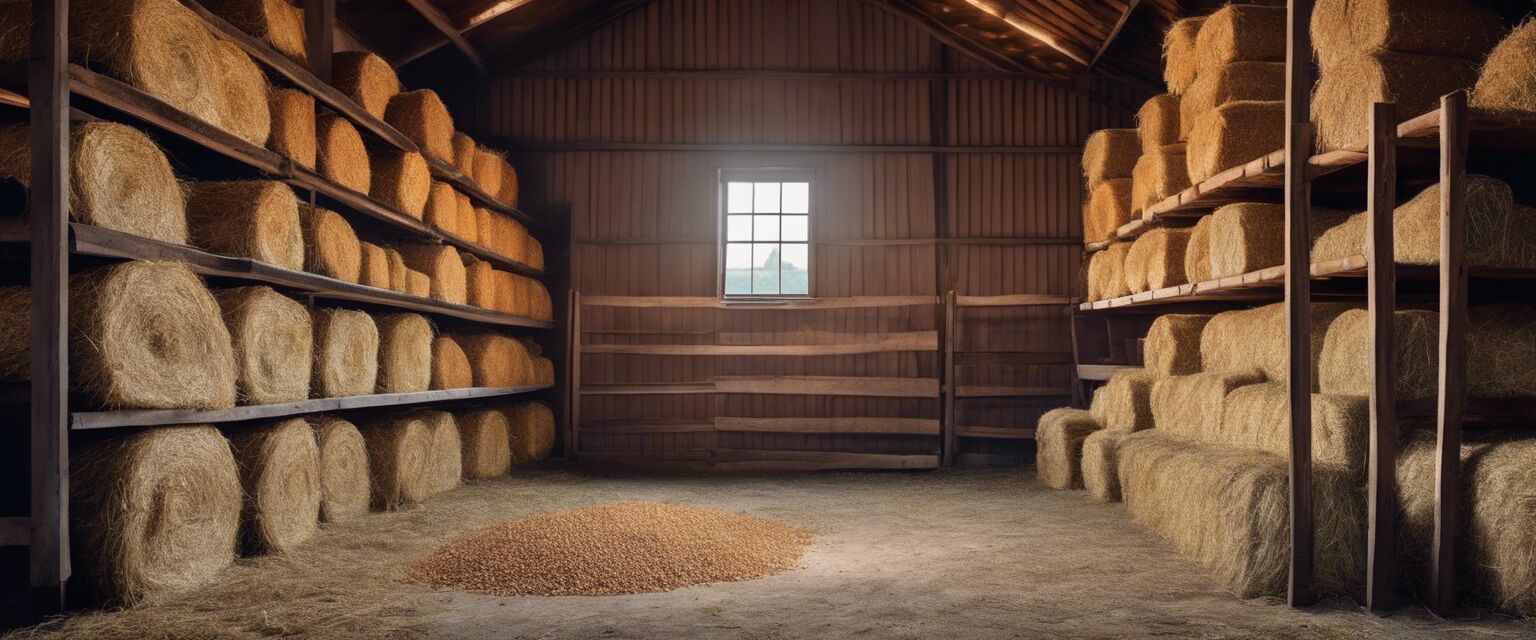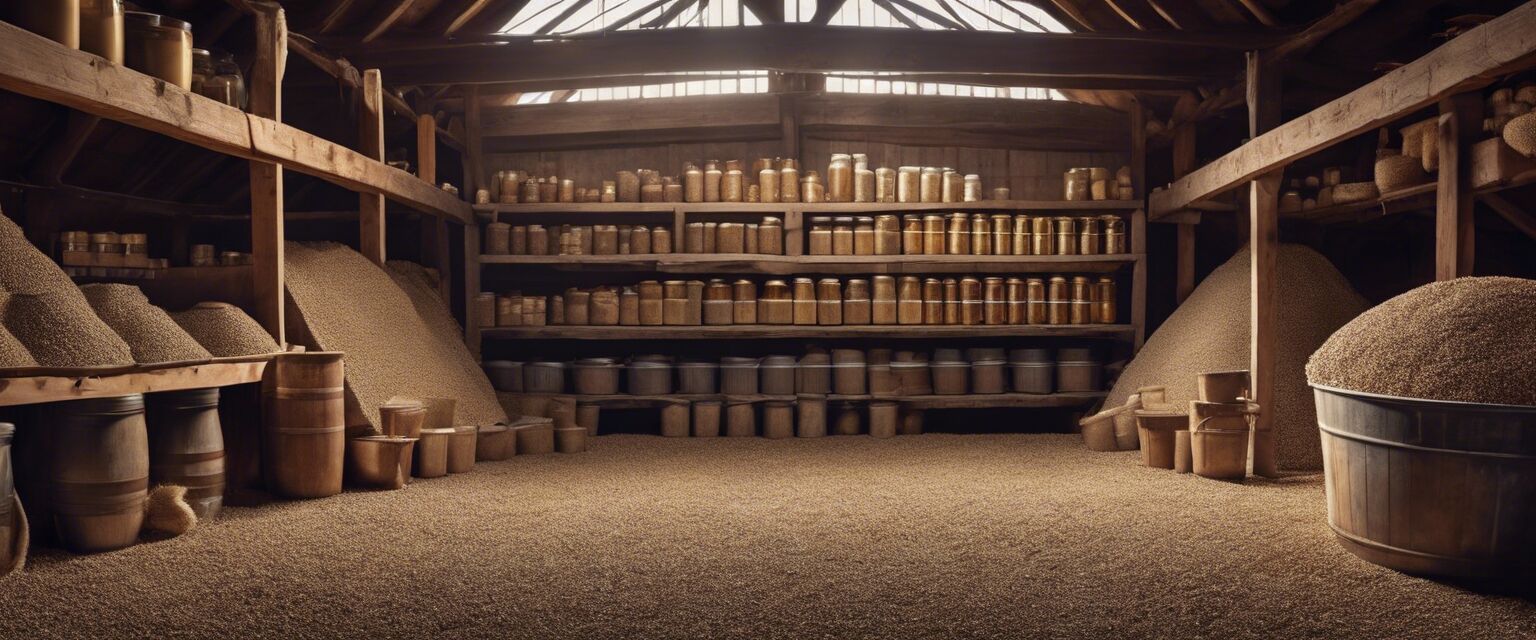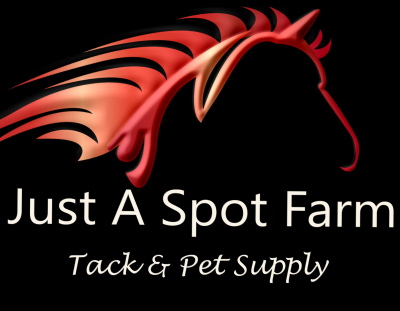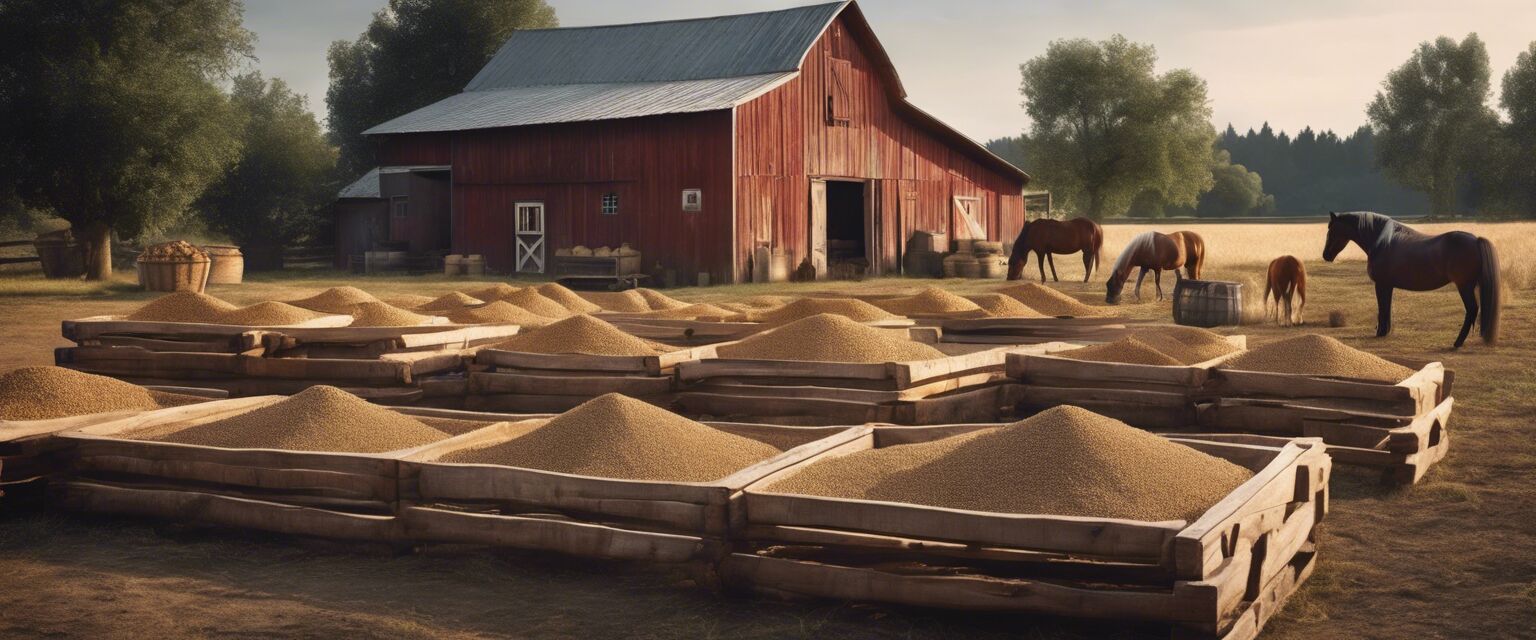
Common Feeding Mistakes
Feeding your horse properly is vital for their health, energy, and performance. However, many horse owners unknowingly make mistakes in their feeding practices. This article will help you identify and correct common feeding mistakes so you can provide the best nutrition for your horse.
Key Takeaways
- Too little or too much feed can harm your horse's health.
- Always measure feed accurately.
- Quality of hay is as important as grain.
- Understand the unique dietary needs of your horse.
- Regularly adjust feeding routines as necessary.
Understanding Horse Nutrition
Horse nutrition is complex, and understanding it can help you avoid common mistakes. Horses are herbivores and primarily require forage, grains, and supplements to meet their nutritional needs. Letâs break it down further:
| Nutrient | Function | Common Sources |
|---|---|---|
| Carbohydrates | Provide energy | Grass, hay, grains |
| Proteins | Build and repair tissues | Legumes, oats, alfalfa |
| Vitamins | Support overall health | Leafy greens, vitamin supplements |
| Minerals | Bone and teeth health | Salt blocks, mineral supplements |
Common Feeding Mistakes
Here are some common mistakes horse owners make when feeding their horses, along with tips on how to correct them:
1. Overfeeding or Underfeeding
Finding the right balance is crucial. Overfeeding can lead to obesity, while underfeeding can cause malnutrition.
Tips
- Consult with a veterinarian for appropriate feed amounts.
- Monitor your horse's weight regularly.
- Use a scale to measure out feed accurately.
2. Ignoring Forage Quality
The quality of hay or pasture can significantly impact your horse's health. Poor quality forage can lack essential nutrients.

3. Sudden Diet Changes
Changing your horse's diet too quickly can cause digestive problems. Transition gradually over a week or more.
4. Inadequate Water Intake
Horses require constant access to fresh water. Dehydration can lead to serious health issues.

5. Neglecting Special Dietary Needs
Every horse has unique dietary requirements based on age, workload, health status, and breed.
How to Correct Feeding Mistakes
Here are some strategies to correct common feeding mistakes:
- Conduct a diet assessment with a nutritionist.
- Implement a regular feeding schedule.
- Test hay quality using a forage analysis.
- Adjust feed types based on workload and health needs.
- Create a feeding log to track changes.
The Importance of Consistency
Consistency in feeding routines significantly influences your horse's digestive health. Sudden changes can lead to colic or other digestive problems.
Pros
- Enhances overall health and performance.
- Reduces the risk of feeding-related health issues.
- Improves digestion and nutrient absorption.
- Boosts energy levels.
Cons
- May require more time and effort to research.
- Cost of high-quality feed can be higher.
- Requires regular monitoring of weight and health.
Final Thoughts
Correcting feeding mistakes is essential for your horse's health, wellbeing, and performance. By understanding their nutritional needs and the common pitfalls in feeding practices, you can provide a well-balanced diet. Regular education and adjustment of your feeding practices will set your horse on the path to optimal health.
Further Reading
If you're interested in learning more about optimal feeding practices, check out these related topics:
